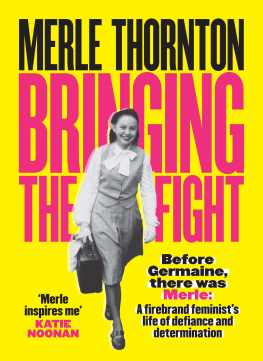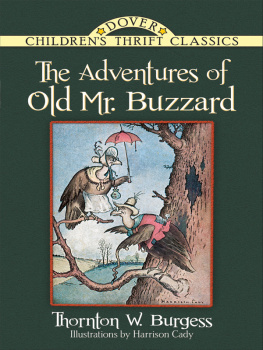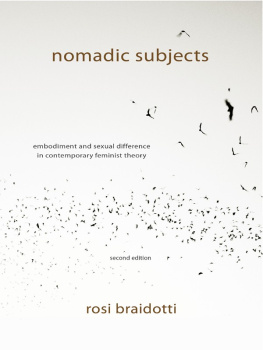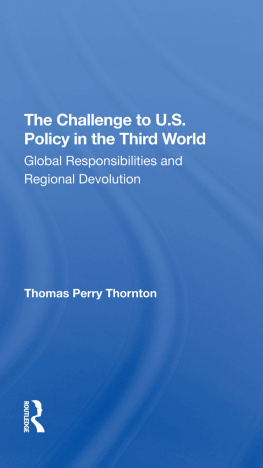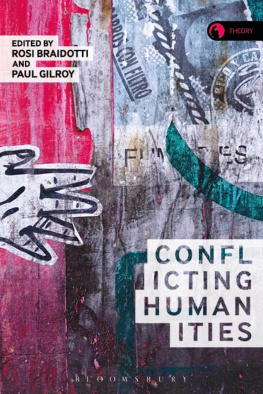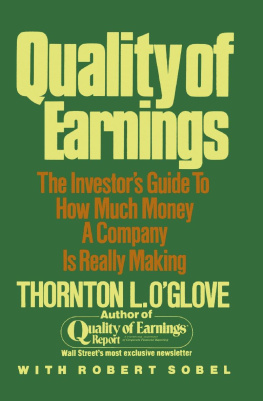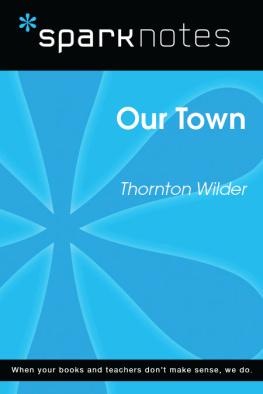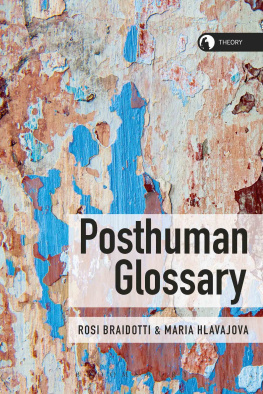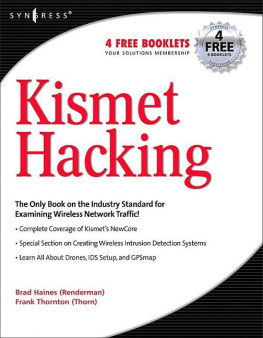Rosi Thornton - Unschooled: The World to Come
Here you can read online Rosi Thornton - Unschooled: The World to Come full text of the book (entire story) in english for free. Download pdf and epub, get meaning, cover and reviews about this ebook. year: 2018, publisher: Efa Rosina Thornton, genre: Politics. Description of the work, (preface) as well as reviews are available. Best literature library LitArk.com created for fans of good reading and offers a wide selection of genres:
Romance novel
Science fiction
Adventure
Detective
Science
History
Home and family
Prose
Art
Politics
Computer
Non-fiction
Religion
Business
Children
Humor
Choose a favorite category and find really read worthwhile books. Enjoy immersion in the world of imagination, feel the emotions of the characters or learn something new for yourself, make an fascinating discovery.

- Book:Unschooled: The World to Come
- Author:
- Publisher:Efa Rosina Thornton
- Genre:
- Year:2018
- Rating:4 / 5
- Favourites:Add to favourites
- Your mark:
- 80
- 1
- 2
- 3
- 4
- 5
Unschooled: The World to Come: summary, description and annotation
We offer to read an annotation, description, summary or preface (depends on what the author of the book "Unschooled: The World to Come" wrote himself). If you haven't found the necessary information about the book — write in the comments, we will try to find it.
Unschooled: The World to Come — read online for free the complete book (whole text) full work
Below is the text of the book, divided by pages. System saving the place of the last page read, allows you to conveniently read the book "Unschooled: The World to Come" online for free, without having to search again every time where you left off. Put a bookmark, and you can go to the page where you finished reading at any time.
Font size:
Interval:
Bookmark:

In the scheme of history, home education is not the fad: school is the fad. School is an experiment. And as we all know, a good experiment should have a control group. For the experiment that is schooling, the control group should consist of children who have been never been to school. They are called home educated, 'home-schooled', or 'unschooled'.
There are a huge number of them. Why might numerous studies of schools never mention a control group? They may argue that they cannot find enough suitable students for a control group, but this doesn't really hold up given that even in countries like the UK, where the registration of home educators is not required, there are plenty of families who are known to the local authorities, vocal in promoting the cause of home education, and happy to cooperate with the media and participate in studies - as scientists who study home educators know. But while those few scientists who study home educated children regularly use data from school students for comparison, those primarily studying school students do not. It is all too easy to come to the conclusion that people are afraid: the data shows, time and time again, that home educated students outperform school students, regardless of household income, parental education, social class, gender, or race. , , , , Read that again. It is quite incredible.
When the two groups are compared, by all standards, schools are failing in comparison. So why are we continuing to tweak a system that is fundamentally flawed, while trying to restrict the freedoms of home educators? This book examines the consequences and potential of this, for society and for democracy.
Those of us in the 'democratised' cultures of the west are in reality enslaved to support a system imposed on us from above, and a major tool of that enslavement is schooling. Schools perpetuate inequality, power-based hierarchy, and uncritical obedience. By their very nature they must make failures of a large proportion of the population in order for the few to rise to the top. Despite all efforts to the contrary, we can still predict the future path of a child on the day they are born. , If we do not educate our children for freedom and independence from the start, they will struggle to achieve it as adults, as schools are designed to insure against this.
It is not individual teachers that are at fault; many of the most progressive and enlightened voices in the field of education are teachers themselves. But they are fighting within a system that is maintained despite increasing evidence to show that it is damaging and repressive. As one of the God-fathers of the home education movement, John Taylor Gatto, describes it, school is the most ambitious piece of social engineering in modern history, and has been a brilliant success in reaching its goals. Of course, these are hardly the goals of ordinary citizens, of families, of religions, or of cultures, but they most certainly are the goals of management, whether of business, army, or government. But there is another form of education that allows children to outperform their peers by all measures; an education that allows children to achieve beyond expectations, and comparably with each other, regardless of background. It bears repeating: time and time again, studies show that home educated students outperform school students in all areas, regardless of income level, parental education, race, gender or class.
Home education, and particularly that form of it known as unschooling, has strong parallels with traditional indigenous ways of educating - ways that have been tried, tested and refined for generation upon generation. Indigenous cultures tend to embody the consensus-based, true democracy that Westernised cultures have lost; a method of decision making that is often directly constructed to avoid one person gaining power at the expense of all others in the group, and one that contemporary activist groups are increasingly adopting (for example Anonymous, Idle No More, and the Occupy movement). Home educators too have organised themselves in this way for decades now. This is in direct opposition to the power structures we are used to in the West; structures that schools embody and perpetuate.
Simultaneously, governments around the world are trying to restrict and even ban home education, despite study after study showing that the freer the teaching environment, the more creative, motivated and successful are the children. The cutting edge of the education field advocates learning situations that increasingly imitate home education, yet governments are trying to dismantle the very situation that is producing the best results of all. One wonders if what is best for children is really the prime concern.
Humans have been referred to as the Teaching Species , having an innate need to teach others, just as we have an innate drive to learn. This has profound implications for a society where our lives are entirely compartmentalised by work and school, which is the natural result of our current economic set-up. Unschooling combats this by creating new social networks and revitalising our communities. The burgeoning unschooling movement is fuelled by a new generation of mothers (and often fathers) who are opting to raise their children at home, a role equal in importance and effort to any full time career.
In order to move from our current exploitative system to a more humanitarian and compassionate one, we must abolish schools as we currently know them. They nurture and maintain a distorted hierarchy, class distinctions, and competitive individualism. Our children may of course want to maintain this system (although current movements heavily suggest otherwise); at the very least we are polarised on the issue. What we do have the right to is a choice. This is being denied to generations raised to think and behave according to the values of consumerism, trained to fulfil a particular economic niche, constrained by a school system that is manipulated by unelected corporations in order to fill their own labour needs. Most educational theory and policies still focus on equipping the future workforce to fit the emerging economy, but do so through an education system based on an out-dated model.
Education is at the root of permanent social change. But does education have to mean school? We could even go so far as to say that school by its own definition does not actually exist: in the same way that 'woman' and 'nature' are idealised constructs, surely 'school', as a social tool for raising up even the poorest, and educating all to their potential, is just as mythical? The ideal of universal schooling is yet another opium for the masses, convincing us that our children are being raised to be the best they possibly can be, while the adults fulfil their role as wage slaves, guilt-free.
The political ramifications of unschooling are not often enough discussed since Ivan Illich wrote Deschooling Society , and Jonathan Kozol wrote his early, biting critiques of the school system. There is a bandwagon of educators discussing the virtues of unschoolings potential for business and for future economies; there are many who write from an innate belief in freedom for children. But too few are considering the revolutionary potential for the whole of society. And as Illich wrote in Deschooling Society , A political program which does not explicitly recognise the need for deschooling is not revolutionary; it is demagoguery calling for more of the same.
Chapter 1, THE EXPERIMENT, looks at the origins of schooling, the benefits, the beginnings of doubt in the sixties as to the effects on children, problems with schooling, school as a commodity, and the way school affects society.
Chapter 2, THE CONTROL GROUP, describes the rise of home education in America and Britain, the impact and benefits of unschooling, how unschooling works, and what we need from education in the future.
Next pageFont size:
Interval:
Bookmark:
Similar books «Unschooled: The World to Come»
Look at similar books to Unschooled: The World to Come. We have selected literature similar in name and meaning in the hope of providing readers with more options to find new, interesting, not yet read works.
Discussion, reviews of the book Unschooled: The World to Come and just readers' own opinions. Leave your comments, write what you think about the work, its meaning or the main characters. Specify what exactly you liked and what you didn't like, and why you think so.

